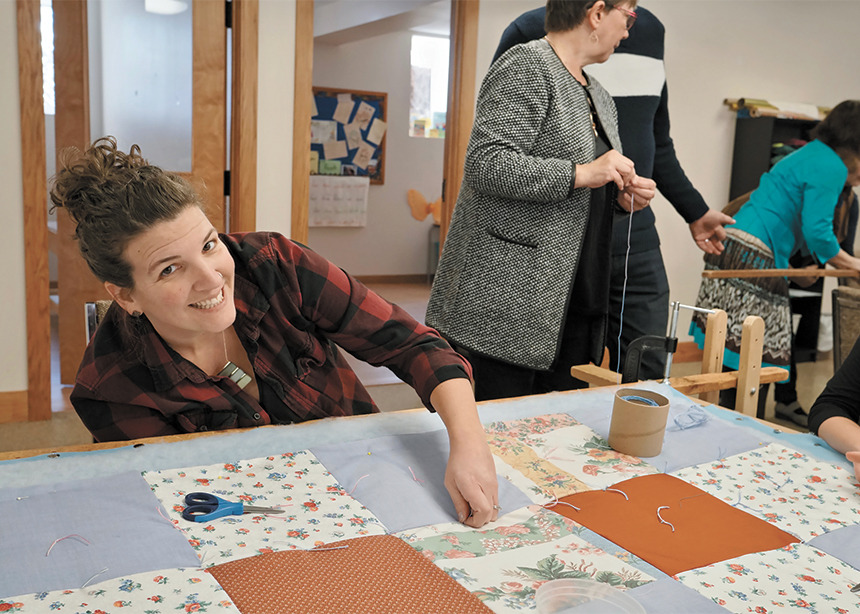Mennonite Central Committee Ontario (MCCO) held its annual general meeting (AGM) online on Sept. 21, 2020. John Head, executive director, reported that most targets in the organization’s five-year strategic plan were met. He said the organization made “strides in effective communication” especially on digital platforms, it increased its capacity in refugee resettlement since 2015, and it expanded the reach of its restorative justice programming, which is now used in all the prisons in Zambia.
Head recognized that COVID-19 meant budget revisions across the organization but expressed gratitude that donors continued to respond generously. He acknowledged that Thrift Shop staff and volunteers faced increased stress due to the closing and then careful re-opening of their stores according to pandemic protocols.
Delegates to the AGM passed a motion to edit the membership bylaws. Congregations are no longer members. Instead members are now defined in two “classes:” Anabaptist conferences; and directors and officers. Fifty percent support from both classes is required to pass regular motions. In the past, the AGM did not have strong representation from congregations, which meant the board and employees could control voting. It is hoped the change will bring wider engagement from the constituency as each conference will appoint two delegates to the AGM. By comparison, MCCO’s fall peace conference draws strong support from constituent congregations.
Kim Lester, associate executive director, acknowledged that MCC’s centennial celebrations were overshadowed by the pandemic, but she reminded delegates that MCC had “humble beginnings” in difficult times. She highlighted several centennial initiatives like Share the Table (a food sharing program) and Roots (an opportunity to plant a commemorative tree), and she expressed gratitude for generous support and legacy gifts.
As MCCO looks ahead to its next five-year strategic plan, it will adapt these broader goals to its Ontario context:
- Increase the capacity of its partners to help uprooted and vulnerable people
- Improve communication with churches and constituents
- Increase peacebuilding and justice work
- Care for God’s creation and support communities harmed by climate change
One ongoing issue to address going forward is the difficulty in recruiting international service workers.
Do you have a story idea about Mennonites in Eastern Canada? Send it to Janet Bauman at ec@canadianmennonite.org.
Related story:
Pressing for the peace of Jesus







Leave a Reply
You must be logged in to post a comment.